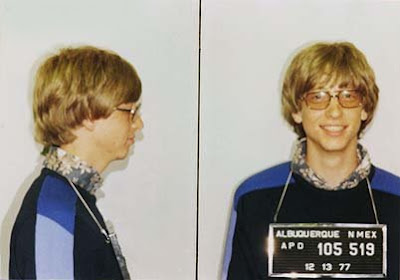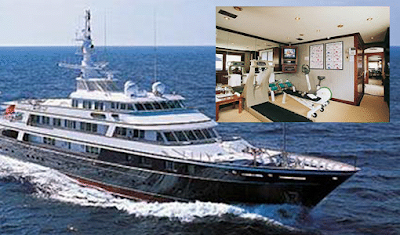Tuesday, March 23, 2010
Why People Take Drugs
Some teens believe drugs will help them think better, be more popular, stay more active, or become better athletes. Others are simply curious and figure one try won't hurt. Others want to fit in. A few use drugs to gain attention from their parents.
Many teens use drugs because they're depressed or think drugs will help them escape their problems. The truth is, drugs don't solve problems — they simply hide feelings and problems. When a drug wears off, the feelings and problems remain, or become worse. Drugs can ruin every aspect of a person's life.
Here are the facts on some of the more common drugs.
Alcohol
The oldest and most widely used drug in the world, alcohol is a depressant that alters perceptions, emotions, and senses.
How It's Used: Alcohol is a liquid that is drunk.
Effects & Dangers:
* Alcohol first acts as a stimulant, and then it makes people feel relaxed and a bit sleepy.
* High doses of alcohol seriously affect judgment and coordination. Drinkers may have slurred speech, confusion, depression, short-term memory loss, and slow reaction times.
* Large volumes of alcohol drunk in a short period of time may cause alcohol poisoning.
Addictiveness: Teens who use alcohol can become psychologically dependent upon it to feel good, deal with life, or handle stress. In addition, their bodies may demand more and more to achieve the same kind of high experienced in the beginning. Some teens are also at risk of becoming physically addicted to alcohol. Withdrawal from alcohol can be painful and even life threatening. Symptoms range from shaking, sweating, nausea, anxiety, and depression to hallucinations, fever, and convulsions.
Drugs: What you should know?
related articles:
Amphetamines Anabolic steroids Club drugs Cocaine Heroin Inhalants Marijuana Prescription drugs
Philippines Light Rail Transit Public Transportation
The Manila Light Rail Transit System (Filipino: Sistema ng Magaan na Riles Panlulan ng Maynila),[citation needed] popularly known as the LRT, is a metropolitan rail system serving the Metro Manila area in the Philippines. Its twenty-nine stations over 28.8 kilometers (17.9 mi) of mostly elevated track form two lines. LRT Line 1, also called the Yellow Line, opened in 1984 and travels a north–south route. LRT Line 2, the Purple Line, was completed in 2004 and runs east–west.
The LRT is operated by the Light Rail Transit Authority (LRTA), a government-owned and controlled corporation under the authority of the Department of Transportation and Communications (DOTC). Along with the Manila Metro Rail Transit System (MRT, also called the Blue Line), and the Philippine National Railways (PNR), the LRT is part of Metro Manila's rail transportation infrastructure known as the Strong Republic Transit System (SRTS)
Stations
 The People Power Revolution was a series of nonviolent and prayerful mass street demonstrations in the Philippines that occurred in 1986. It was the inspiration for subsequent non-violent demonstrations around the world including those that ended the communist dictatorships of Eastern Europe.
The People Power Revolution was a series of nonviolent and prayerful mass street demonstrations in the Philippines that occurred in 1986. It was the inspiration for subsequent non-violent demonstrations around the world including those that ended the communist dictatorships of Eastern Europe.

 In 1990, it was voted by the BMW Tropical Beach Handbook as one of the best beaches in the world
In 1990, it was voted by the BMW Tropical Beach Handbook as one of the best beaches in the world
 Barasoain Church (also known as Our Lady of Mt. Carmel Parish) is a Roman Catholic church built in 1630 in Malolos City, Bulacan.
Barasoain Church (also known as Our Lady of Mt. Carmel Parish) is a Roman Catholic church built in 1630 in Malolos City, Bulacan.
 Laguna de Bay (Filipino: Lawa ng Bay; English: Laguna de Bay is the largest lake in the Philippines and the third largest freshwater lake in Southeast Asia
Laguna de Bay (Filipino: Lawa ng Bay; English: Laguna de Bay is the largest lake in the Philippines and the third largest freshwater lake in Southeast Asia
 Malacañan Palace, is the official residence of the President of the Philippines.
Malacañan Palace, is the official residence of the President of the Philippines.






















 >
>




















































No comments:
Post a Comment